"The Canonization" - John Donne
1/37
There's no tags or description
Looks like no tags are added yet.
Name | Mastery | Learn | Test | Matching | Spaced | Call with Kai |
|---|
No analytics yet
Send a link to your students to track their progress
38 Terms
"For God's sake hold your tongue, and let me love"
An 'arresting opening' — a feature of metaphysical poetry — the aggression and element of surprise draws the reader in and sets the tone of the poem.
The blasphemous use of the Lord's name contrasts the title 'The Canonization', which means to be posthumously granted the status of saint.

"Or chide my palsy, or my gout" / "My five gray hairs, or ruined fortune flout"
The speaker offers bizarre negative characteristics for criticism, related to ageing, disease and physical deterioration.
Alliterative, fricative 'f's of "five" and "fortune flout" continue the imperative, confrontational tone of the poem.

"With wealth your state, your mind with arts improve" / "Take you a course, get you a place" / "Observe his honour, or his grace" / "Or the king's real, or his stamped face"
The speaker lists several meaningless alternative tasks that his critic could involve themself in, instead of lecturing him.
'Get you a place' = Obtaining employment, usually with promotion in mind.
As Donne was a lawyer, 'his Honour' may refer to a judge, and 'his Grace' to an Archbishop or Duke. Donne, an intelligent, educated lawyer, moved in high circles. His elopement and marriage had a detrimental effect on his career.
The king would have been James I and his 'stamp'd face' refers to the coinage.

"Contemplate; what you will, approve" / So you will let me love."
The epistrophe of "love" at either end of the stanza reinforces the metaphysical theme of love and desire present throughout the poem.
Imperative; the speaker tells his critic that they can do any of the things listed above, as long as he is allowed to love freely.
"Alas, Alas, who's injured by my love?"
Use of assonance in "alas, alas".
The exclamation of "alas, alas" is sarcastic. Donne is not regretful of his relationship and defends himself by saying, 'we're not hurting anyone by loving each other.'

"What merchant's ships have my sighs drowned?"
Rhetorical question- "merchant's ships" is an interesting link to colonialism.
The idea of one being "drowned" used as an example of a catastrophic event by the speaker arguably displays the importance of these ships in Elizabethan England in relation to the trades with other countries (as well as imperialism and colonialism) that they enabled.
Donne also worked overseas during his lifetime, meaning that the work of merchant ships and colonialism was something he may have potentially witnessed in action and inspired his poems.

"Who says my tears have overflowed his ground?" / "When did my colds forward a spring remove?"
Did his tears cause flooding/ Did his Winter cold ever delay Spring? He deems it illogical that any damage could have been done by his 'love'.
The interrogatives; "When", "What", "Who", and "When" again, begin the first five lines function as a refrain, emphasising his annoyance at the reaction of people to his marriage.
"When did the heats which my veins fill" / "Add one more to the plaguy bill" ?
When did the 'heats' filling his 'veins' (symbolising the passion for his lover) add one more name to the weekly list of deaths from plague in London?
Around the time of writing, the plague was a recurring, endemic sickness taking over England.
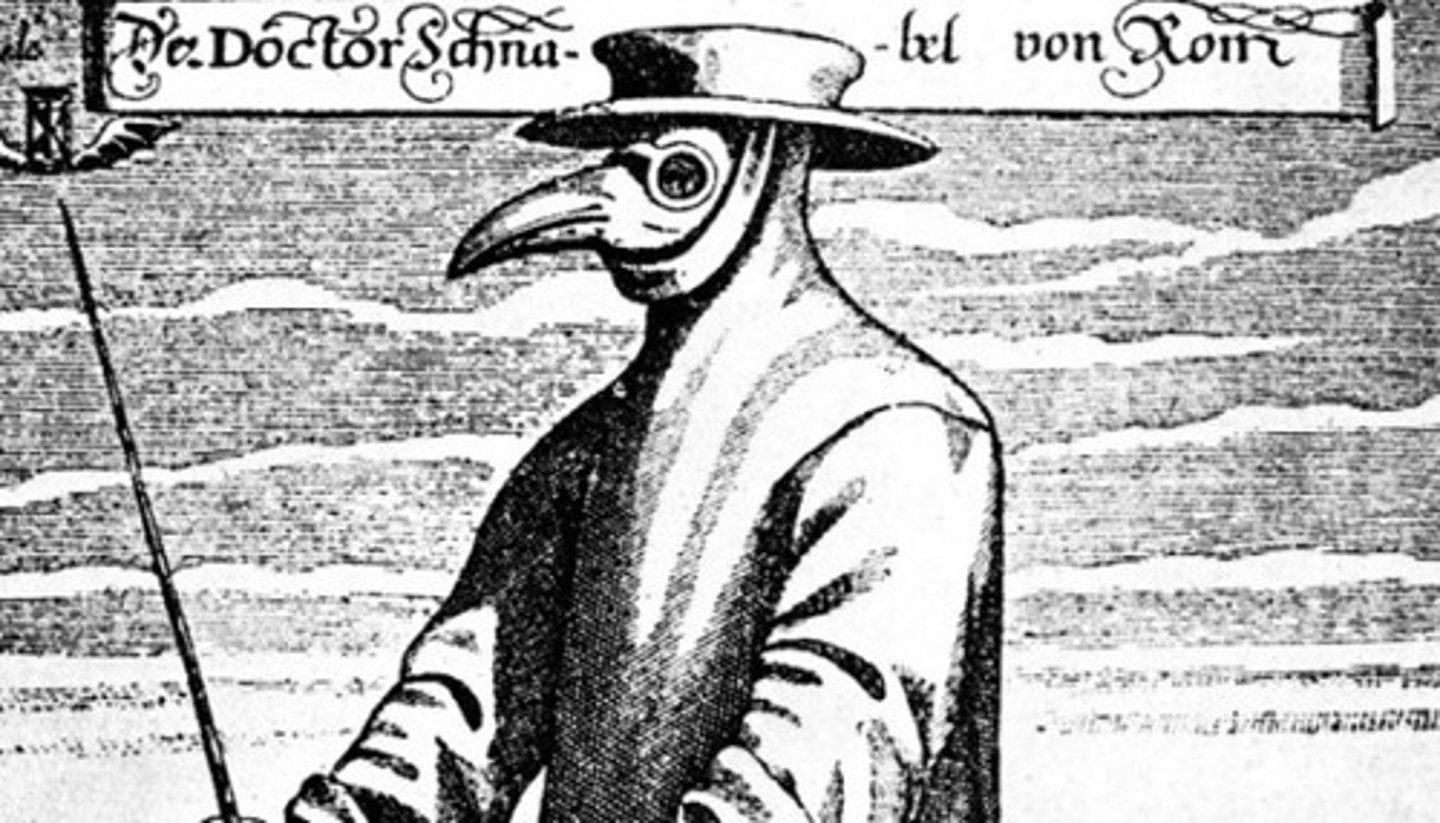
"Soldiers find wars, and lawyers find out still" / "Litigious men, which quarrels move" / "Though she and I do love."
While soldiers will fight wars, and lawyers seek out litigious, quarrelsome men, Donne and his lover will love; making it seem as if being a lover is like a full-time job.
Donne, once an ambitious lawyer, has changed his priorities after his marriage to Jane More.

"Call us what you will, we are made such by love;"
After the sarcasm of the first two stanzas, the third begins with a gentle, balanced, rhythmic line. Displays how his attention has turned from the harsh critics of his love to the gentle subject of love itself.
We as humans are created as a by-product of our parents' love- no one would exist without it. Introduces the other metaphysical ideas explored in the poem (human existence and life and death) as well as further adding to the poem's main theme of love and desire.
"Call her one, me another fly"
They are like two flies that buzz around each other.
This reference echoes The Flea, in which he elevates sex and love by imagining his and his partner's blood mixing in the body of the parasite.

"We're tapers too, and at our own cost die"
"Taper" = long thin candle
They are tapers - and burn themselves out and die, having been consumed in their passion, parallel to a candle burning away in its heat.
Could simply be a metaphor for the process of mortality; we live, and then we die.
To have sex, an act of consummation, will result in their metaphorical death. This "death" could be interpreted in many ways, such as an allusion to an orgasm or perhaps the "death" of their purity/virginity. Orgasm is sometimes referred to as la petit mort, meaning little death; that is the weakening of consciousness that can accompany the moment of orgasm.
The "taper" is a metaphysical conceit for both life and death and sex/intimacy.
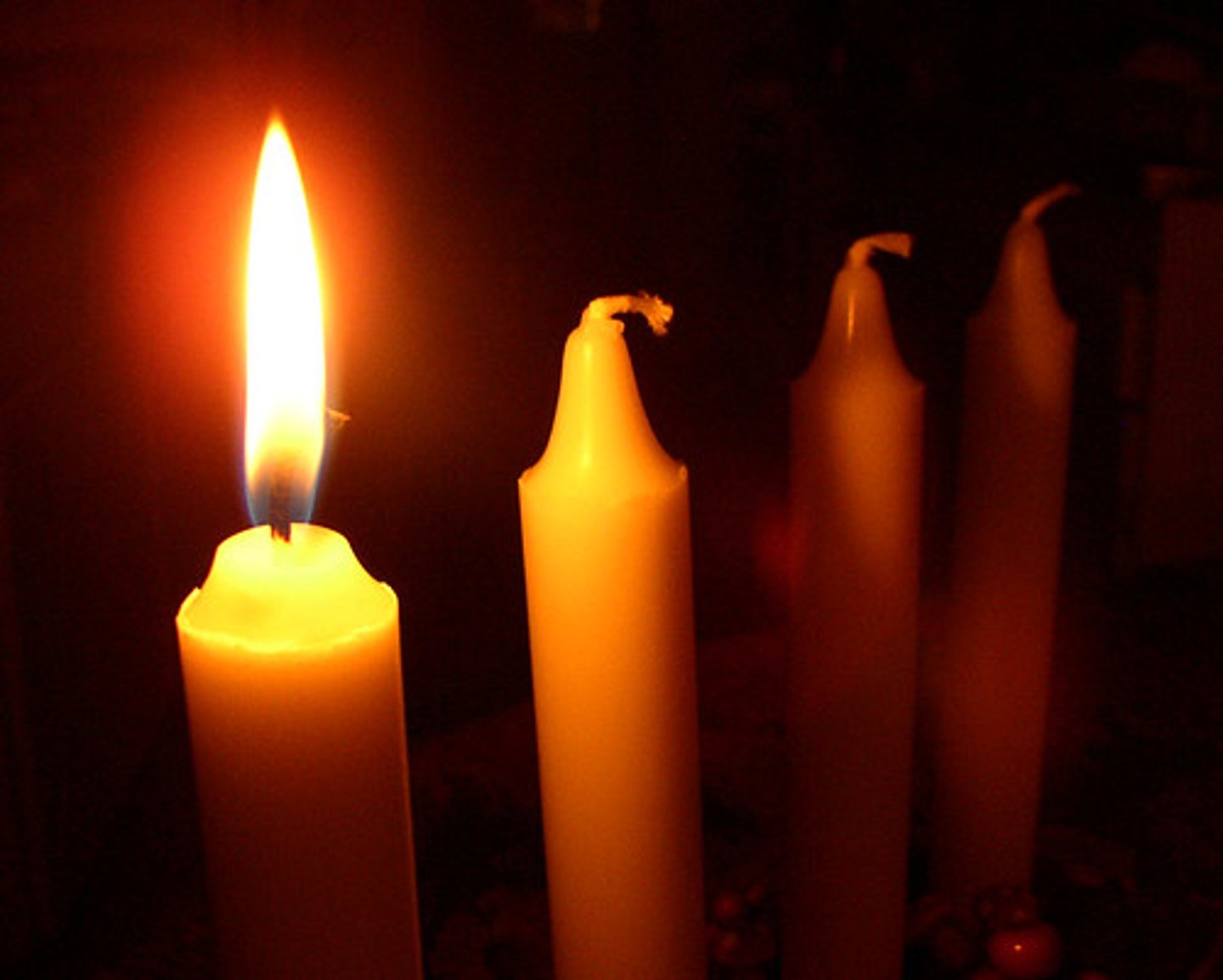
""And we in us find the eagle and the dove"
The eagle and the dove are opposites, like the speaker and his lover- he sees themselves in these two birds.
Eagle = bravery, strength, masculinity and aggression (speaker)
Dove = loving, pure, divine, feminine and peaceful (his lover)

"The phoenix hath riddle more wit"
The "phoenix" is used as a symbol of their love; it never dies, from time to time it will burn out and then it will rise again.
Love can also make people immortal, allowing them to "die" and resurrect like a phoenix. Parallel to the Christian accounts of the resurrection of Christ.

"By us; we two being one, are it" / "So, to one neutral thing both sexes fit."
Use of a paradox - two individuals become one.
This aligns with the Christian teaching that "There is neither male or female, for you are all one in Christ" (Galations 3:28).
The critic Cleanth Brooks claimed that without Donne's use of this paradox, "The Canonization" could be read as Donne "merely indulging in a cynical parody."
Furthermore, love (and sex) makes "two" separate people into "one"—in much the same way that God is said to become part of every soul.
"We die and rise the same, and prove" / "Mysterious by this love."
To be canonized saints were required to have performed miracles. Donne claims that he and his lover achieved that through dying and rising again, in other words having sex, so they were resurrected; a blasphemous idea.
Links to the symbol of the phoenix, which also dies and rises from its ashes.
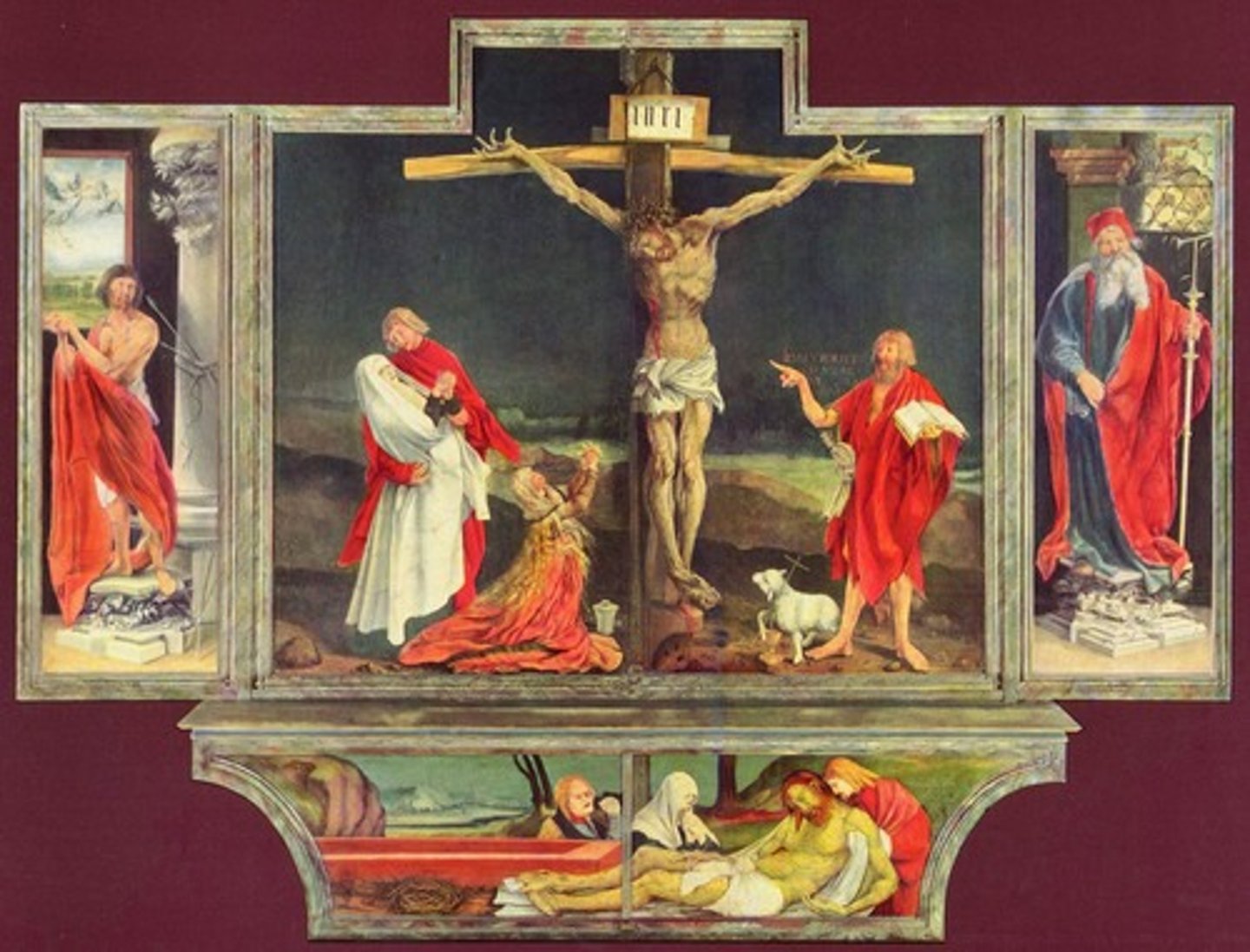
"We can die by it, if not live by love"
A lexical field of terms for life and death is created in this stanza (die, live, tomb, hearse, urn, etc).
The comma separates the opposites of death and life, a device known as chiasmus- which adds to the contrast between the two concepts.
" And if unfit for tombs and hearse" / "Our legend be, it will be fit for verse"
If their love is not meant to die, then it will be perfect for a poem, as it will be true love.
"Tomb" and "hearse" add to the lexical field of life and death within this stanza.
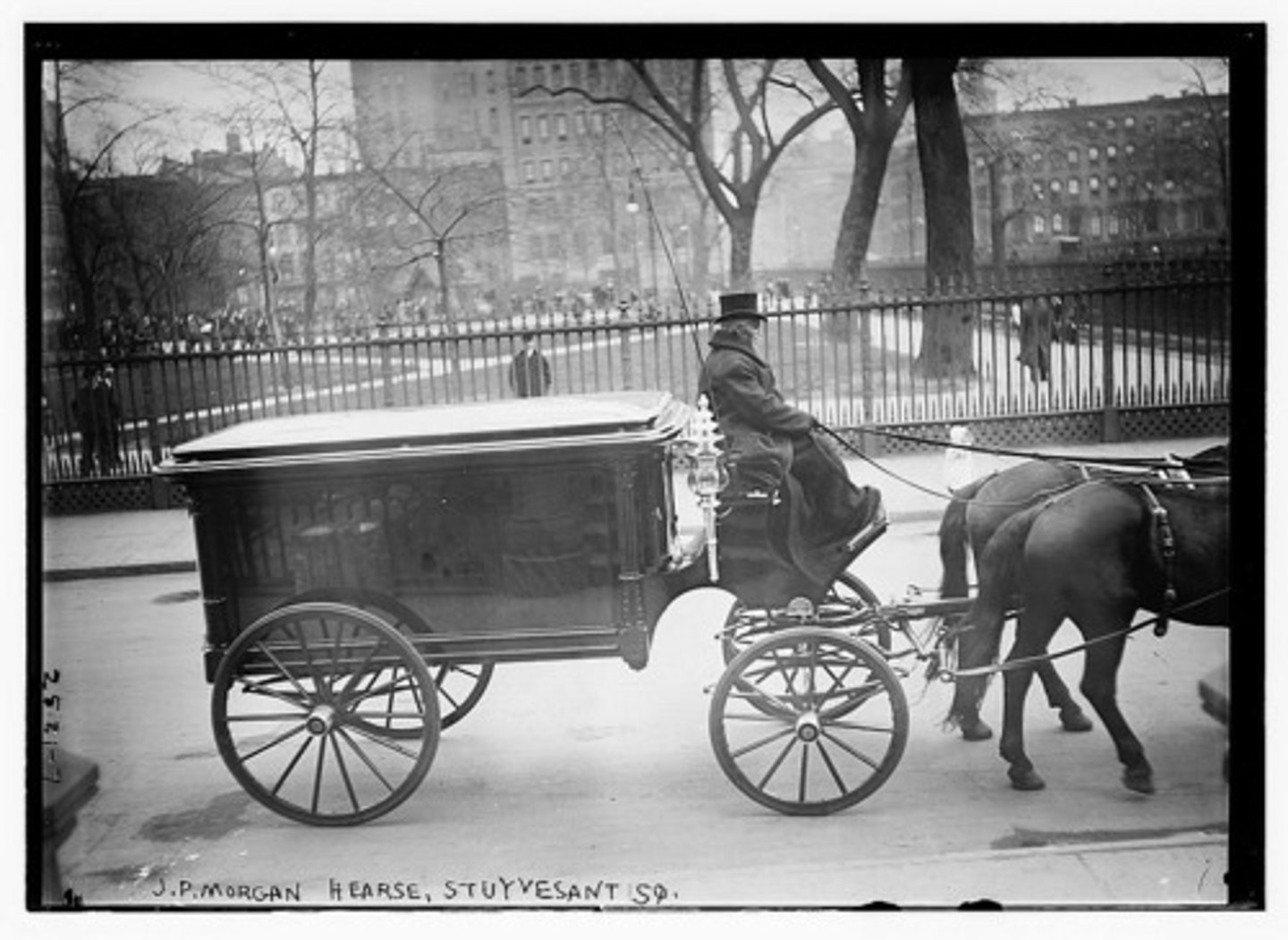
"And if no piece of chronicle we prove" / "We'll build in sonnets pretty rooms"
If their tale is not great enough to add to the historical "chronicles", at least they will take their place in "pretty" "sonnets".
"Sonnets" = Romantic type of poetry, consisting of 14 lines.
Ironically, though Donne wrote many sonnets, "The Canonization" is not one.
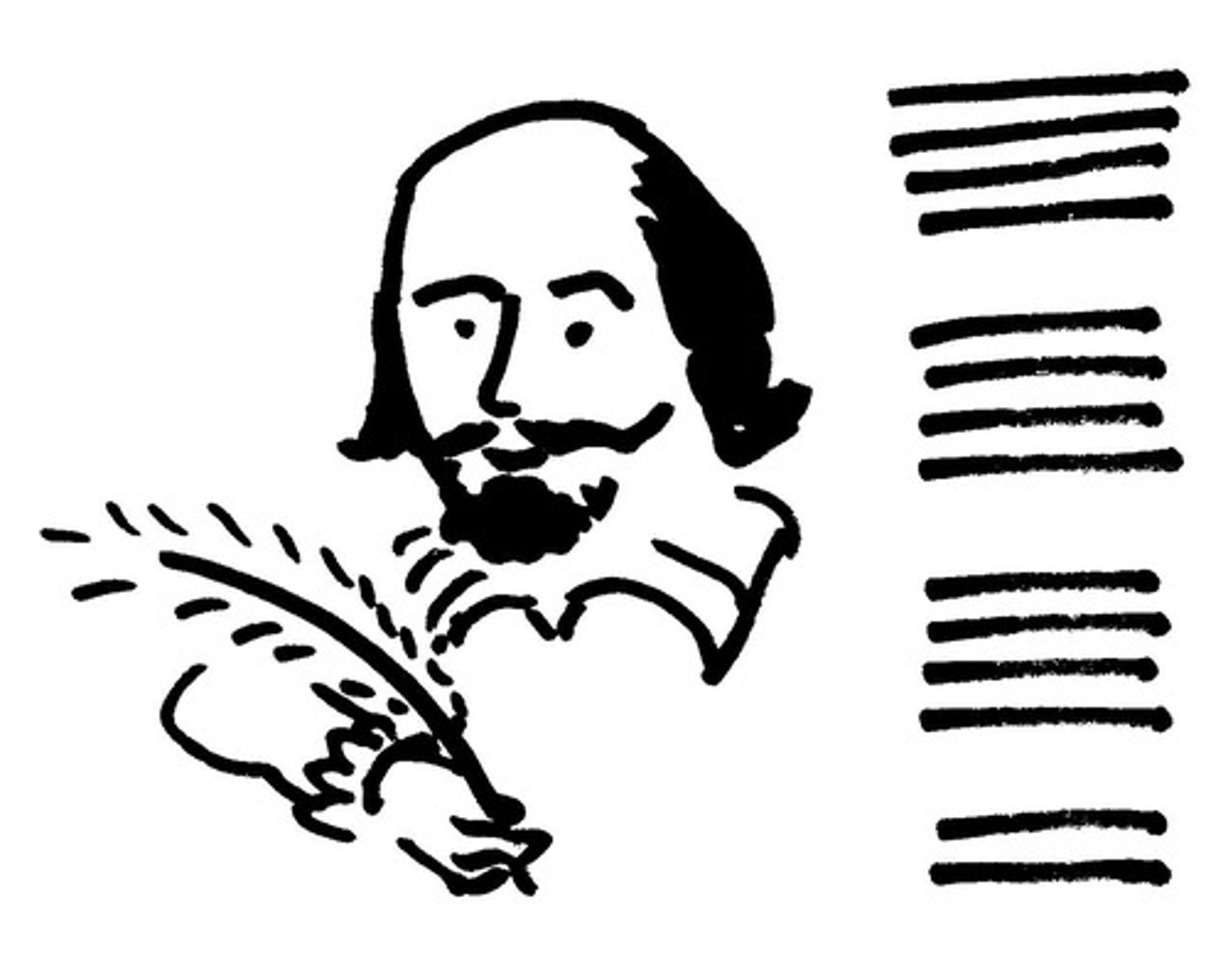
"Well-wrought urn"
Continues the extended metaphor of death/orgasm.
Could also be a metaphor for the clever poetry Donne was able to write, as the poem 'becomes' the well-wrought urn itself.
The "urn" is worthy of them and it houses them through eternity.
This phrase inspired Cleanth Brooks' book of literary criticism.
"Urn" adds to the lexical field of life and death within this stanza.
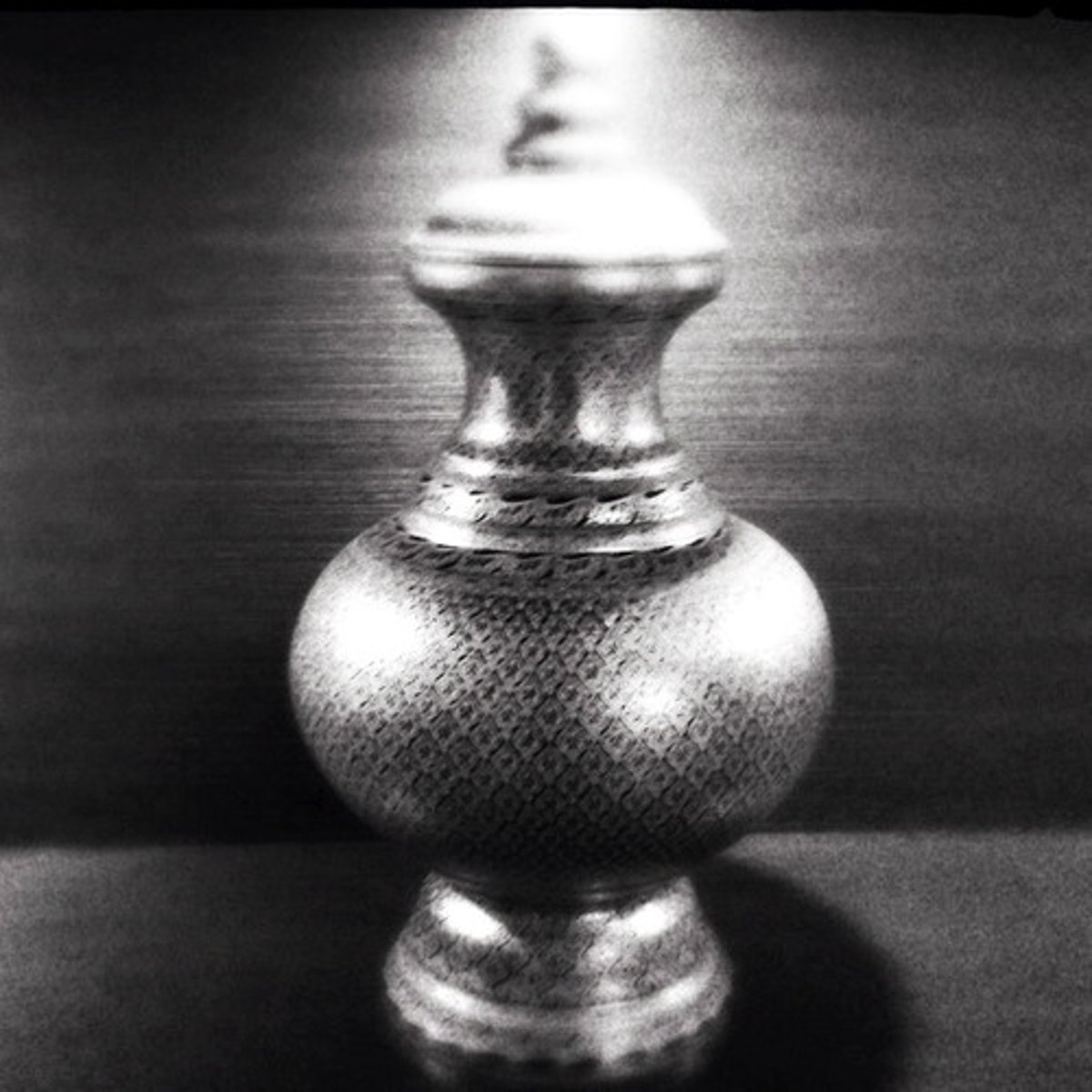
"The greatest ashes, as half-acre tombs"
The verses are like the urn; they will house the remnants of their love for others to behold. It will be an eternal monument of their love.
It is suitable to contain the "ashes" of their love, which was once a burning fire.
"Ashes" and "tombs" add to the lexical field of life and death within this stanza.

"Us canonized for love."
After death, they will be given the position of saints of love.
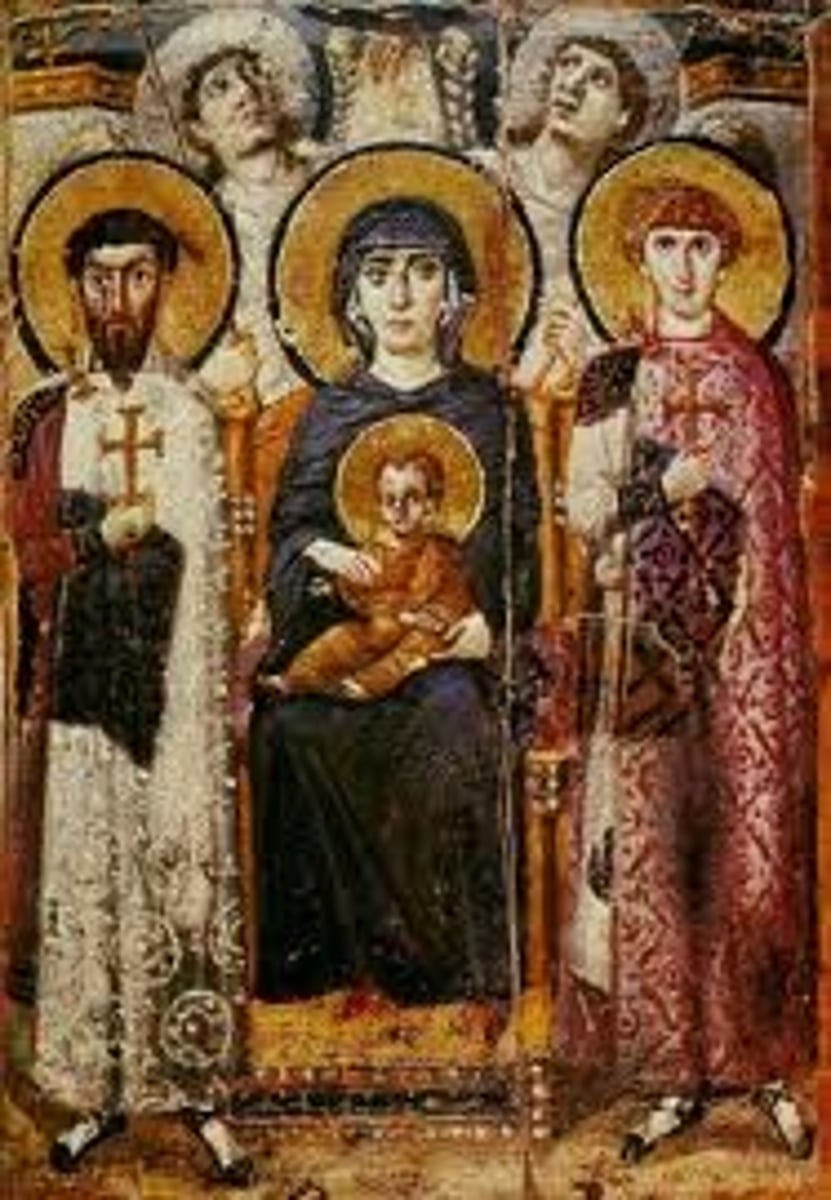
"And thus invoke us: 'You, whom reverend love" / " Made one another's hermitage"
The world will invoke them as an object of worship. Sacrilegious - "Do not worship false idols" - Ten Commandments.
A 'hermitage' is where religious devotees take themselves away from the world to live saintly lives. In their passion, the speaker and his lover will do the same - become saints. Direct contrast between this line and the blatant blasphemy displayed in the previous one.
"Who did the whole world's soul contract, and drove" / "Into the glasses of your eyes"
Their love will be like a contract with the world's soul.
Their eyes, through which their inner passion will shine out, will become a mirror so that others can see the reflection of the love within.
"So made such mirrors, and such spies" / "That they did all to you epitomize"
By denying and outlawing Donne's love his enemies only gave it exposure. Therefore their love is a mirror that reflects back — epitomises — the image that is within them.
"Countries, towns, courts: beg from above" / "A pattern of your love!'"
Future lovers will want their relationship to take the same course as the speaker and his lover, and will appeal for help from these "saints of love".
What are the metaphysical themes reflected throughout "The Canonization" ?
Love and desire
Life and death
Religion and Philosophy
What specific themes are explored within "The Canonization" ?
The power and holiness of love
Love, poetry and immortality.
What is the significant symbol featured within "The Canonization" ?
Phoenix

What are the two conceits within "The Canonization" ?
Poetry as a monument
Lovers as saints
Form of "The Canonization"
Brand-new form of Donne's invention.
The poem is built from five nine-line stanzas.
All those stanzas have something in common: their first and last lines end with the word "love." The poem, like the speaker, keeps returning to the same preoccupation.
Meter of "The Canonization"
Most lines are iambic but also switch between pentameter (five iambs per line), tetrameter (four iambs per line), and trimeter (three iambs per line).
The last line of each stanza, meanwhile, is always in iambic trimeter, adding extra emphasis to the speaker's repeated returns to the idea of love.
Overall, the poem's meter feels flexible, playful, and musical and potentially represents the speaker's thoughts on love; to him, it is as constant and as ever-changing as a flaming phoenix.
Rhyme scheme of "The Canonization"
Each nine-line stanza of "The Canonization" uses the same intricate rhyme scheme: ABBACCCAA.
Sonnets usually use ABBA rhyme schemes- each stanza begins in this way, but the surprising, forceful C rhyme gives the second part of each stanza a gathering momentum.
Also allows the speaker to express emotions such as irritation and fascination as reflected in the meaning behind the lines.
What was the status quo for religion at the time of Donne's birth ?
Protestantism had become the official state religion of Britain. English Catholics were often persecuted and killed.
What division of Christianity did Donne's family follow ?
Catholicism
Why was Donne's brother sent to prison ?
For hiding a Catholic priest in their home- the priest was subsequently tortured and excecuted.
Why did Donne eventually renounce his Catholicism ?
To become a religious clergyman under the patronage (control of appointments) of King James I.
How is his previous devotion Catholicism reflected in his poetry ?
His use of Catholic language hints that he didn't altogether abandon the beliefs of his youth.